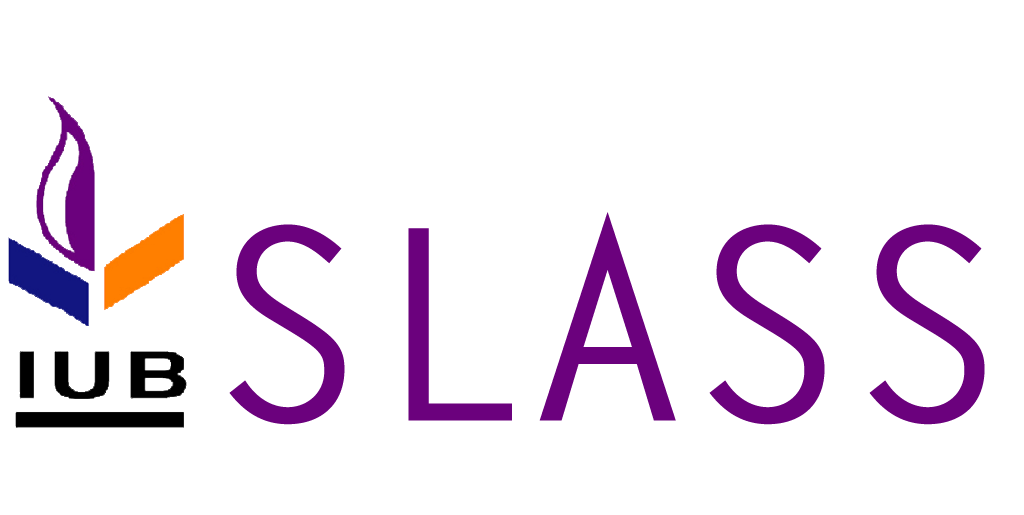Elective Core Courses
| Elective Core Courses |
| Elective Core Courses in Media and Communication 6 credits |
| Two 400 level courses = 6 credit points |
The course discusses the processes, modes and codes, and effects of public communication by political parties, interest groups, and individuals attempting to influence public opinion and political action through election campaigns, legislative sessions, and the public dialogue.
This course examines the issues of nation, race and ethnicity in the cinema. It introduces the different theoretical approaches to these issues and attempts to analyze cinema from ‘non-Western’ cultures by viewing a range of films from different ‘third world’ national cinemas, with an emphasis on the films that run counter to dominant expectations.
This course provides an overview for the role of media ethics in a globalized media system. It explores how ethics shape professional practice and cultural citizenship, studying how media impact cultural commons, democratic practice, and business interests. This course examines the tension between traditional media and emerging participatory cultural practice, and what role students have in shaping the future of media. The course is structured to take account of the difficulties students most frequently encounter in understanding Media Law and Ethics. Course content focuses on the law as it applies mainly in Bangladesh.
The course is designed to enable students to analyze media industry trends, needs, and opportunities. Students create a comprehensive business plan describing the scope, purposes, strategies, and methodologies for realizing an entrepreneurial media venture and then draft the essential legal, financial and marketing components of a business plan.
This course is designed to offer the advanced undergraduate student skills and knowledge concerning the ways in which computer technology has and will continue to affect our communication behaviors. Students will have the chance to use and present cutting-edge communication technologies that play a significant role in our lives and in society, but with an understanding and appreciation of the social implications of those technologies. The course is also designed to give students a new vocabulary with which to dialogue about the communicative impact of a variety of computer-mediated technologies.
This course discusses the interrelationship between technological and social change and the consequences of such change for communication policy and planning in an increasingly global society. It gives an overview of communication policies at national and international levels, International broadcasting and national communication policy, principles of communication planning.
This course enables the students to develop a deeper understanding of the roles and significance of international communication in the contemporary world. It sheds light on the political consequences of international communications, roles of multinational media institutions in shaping national culture.

